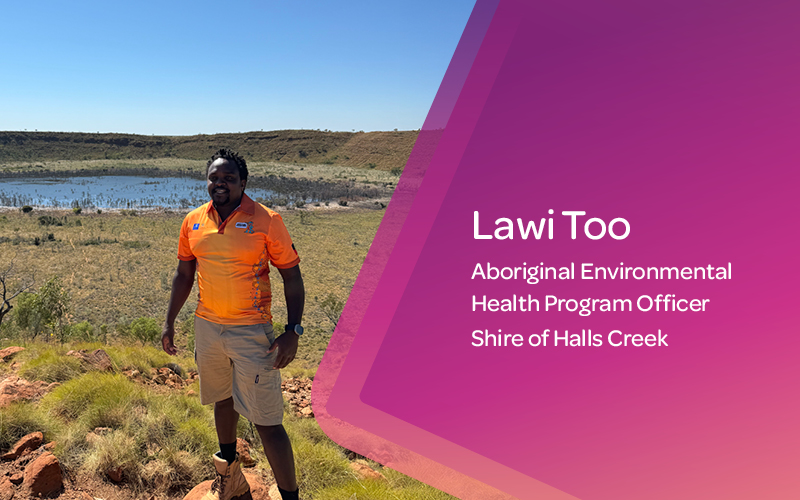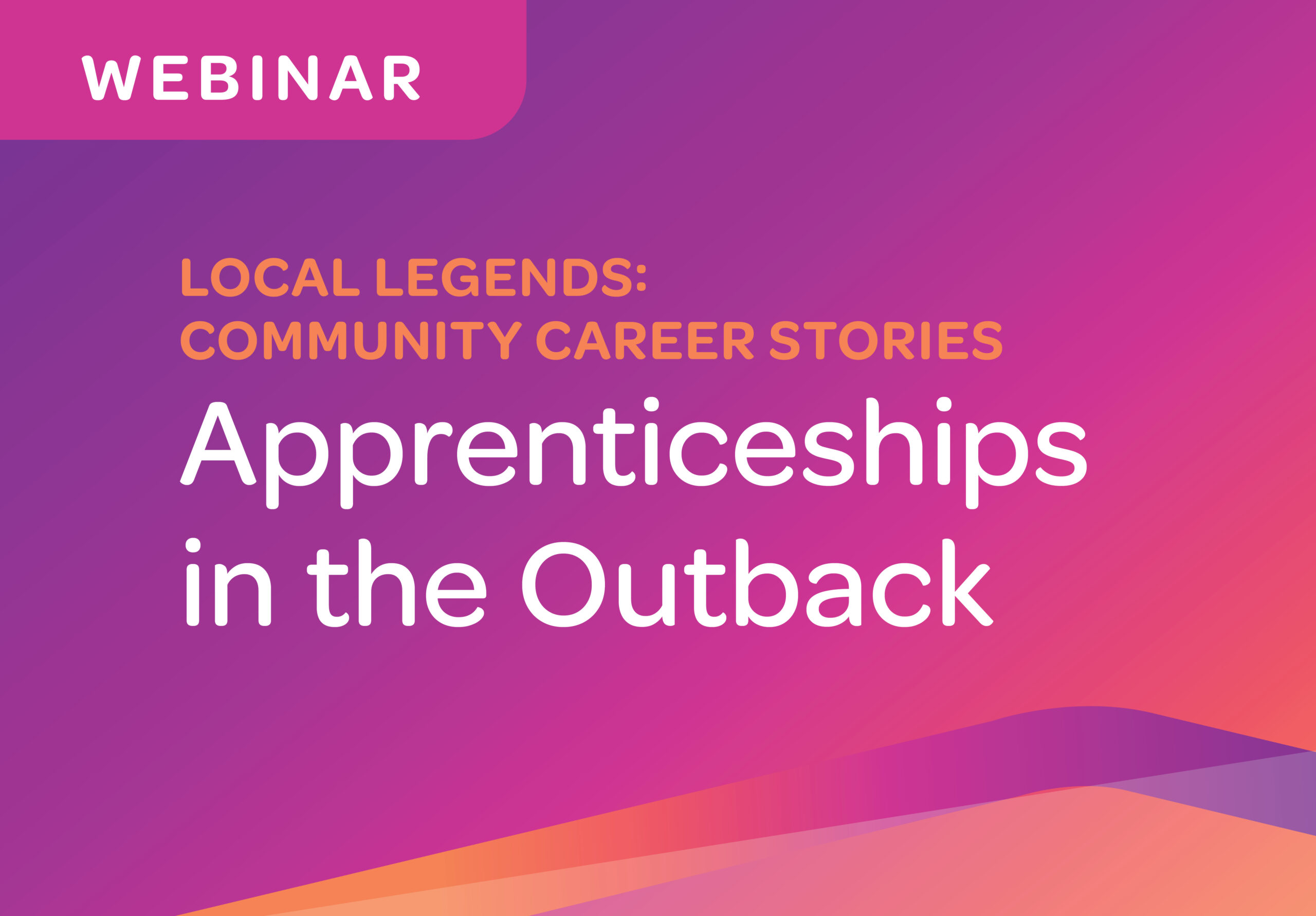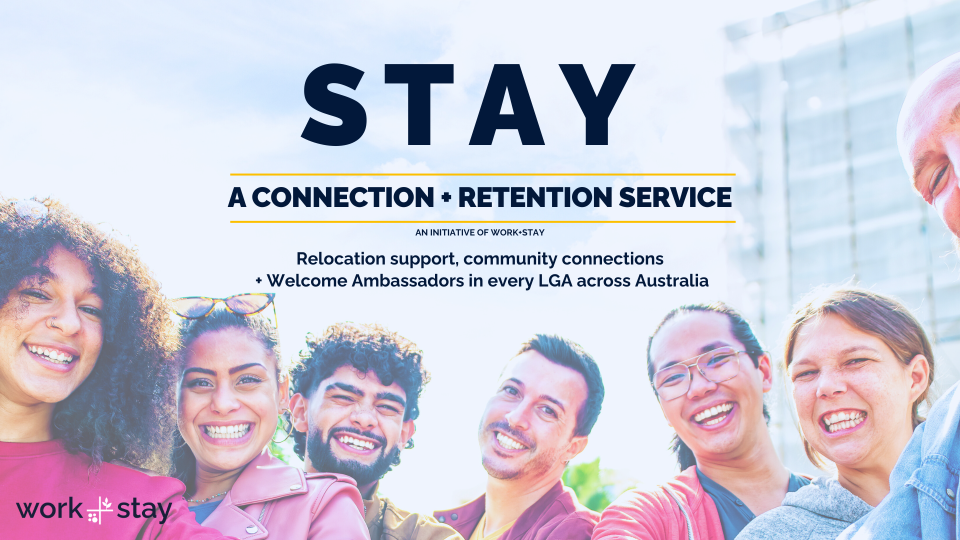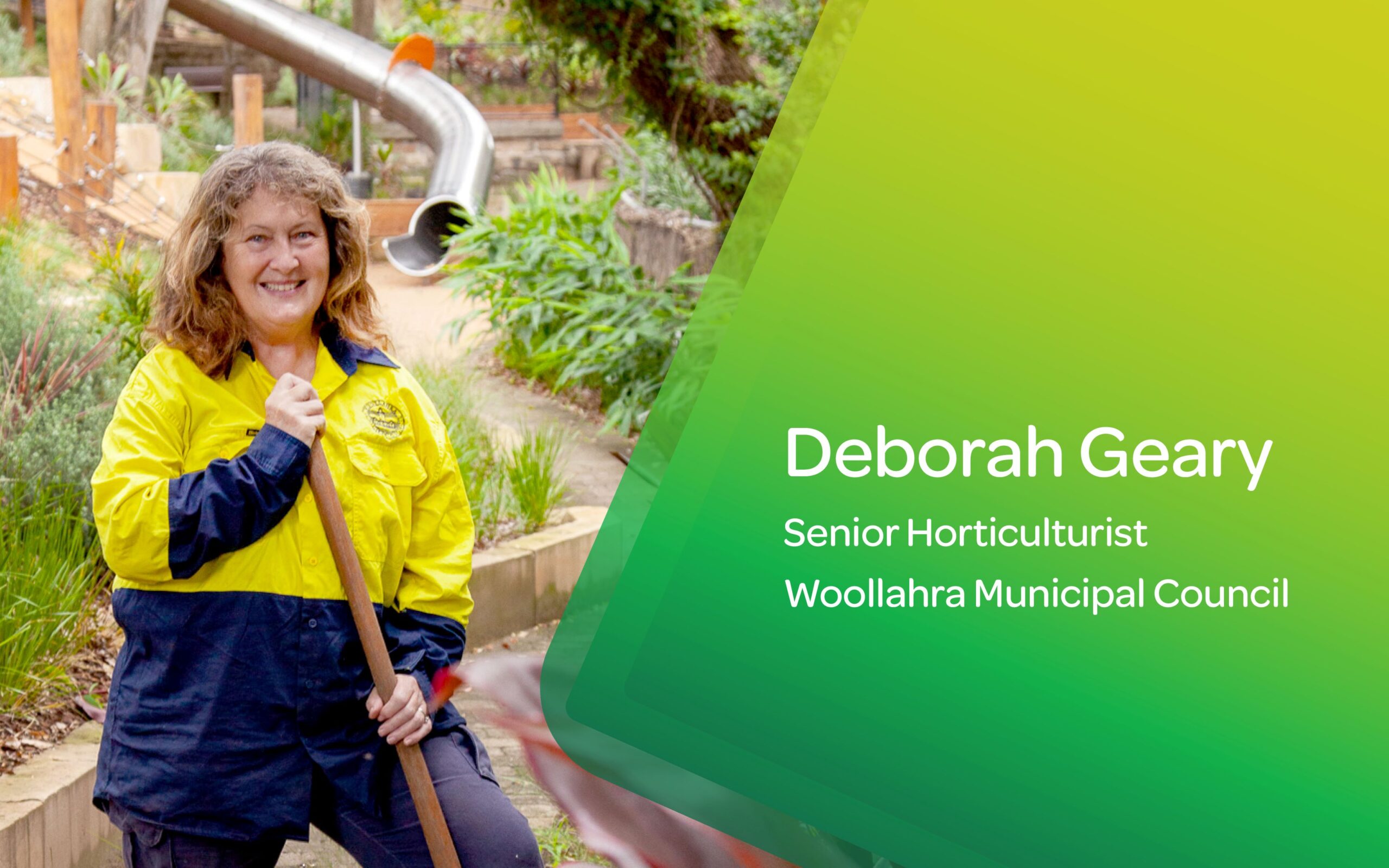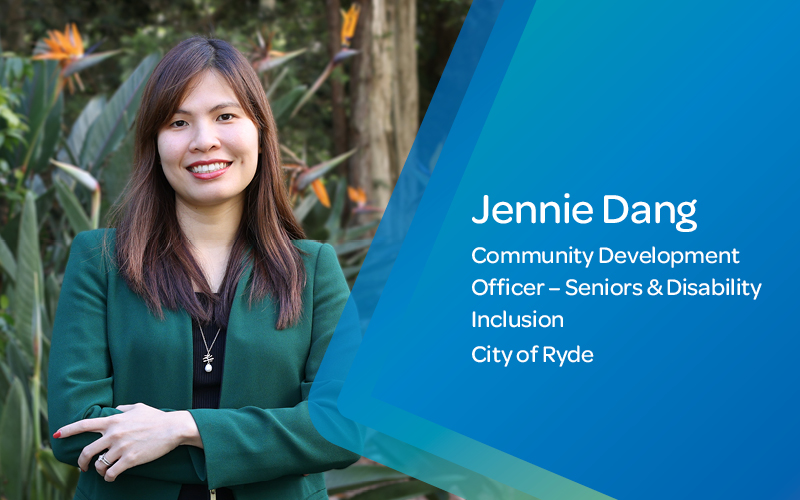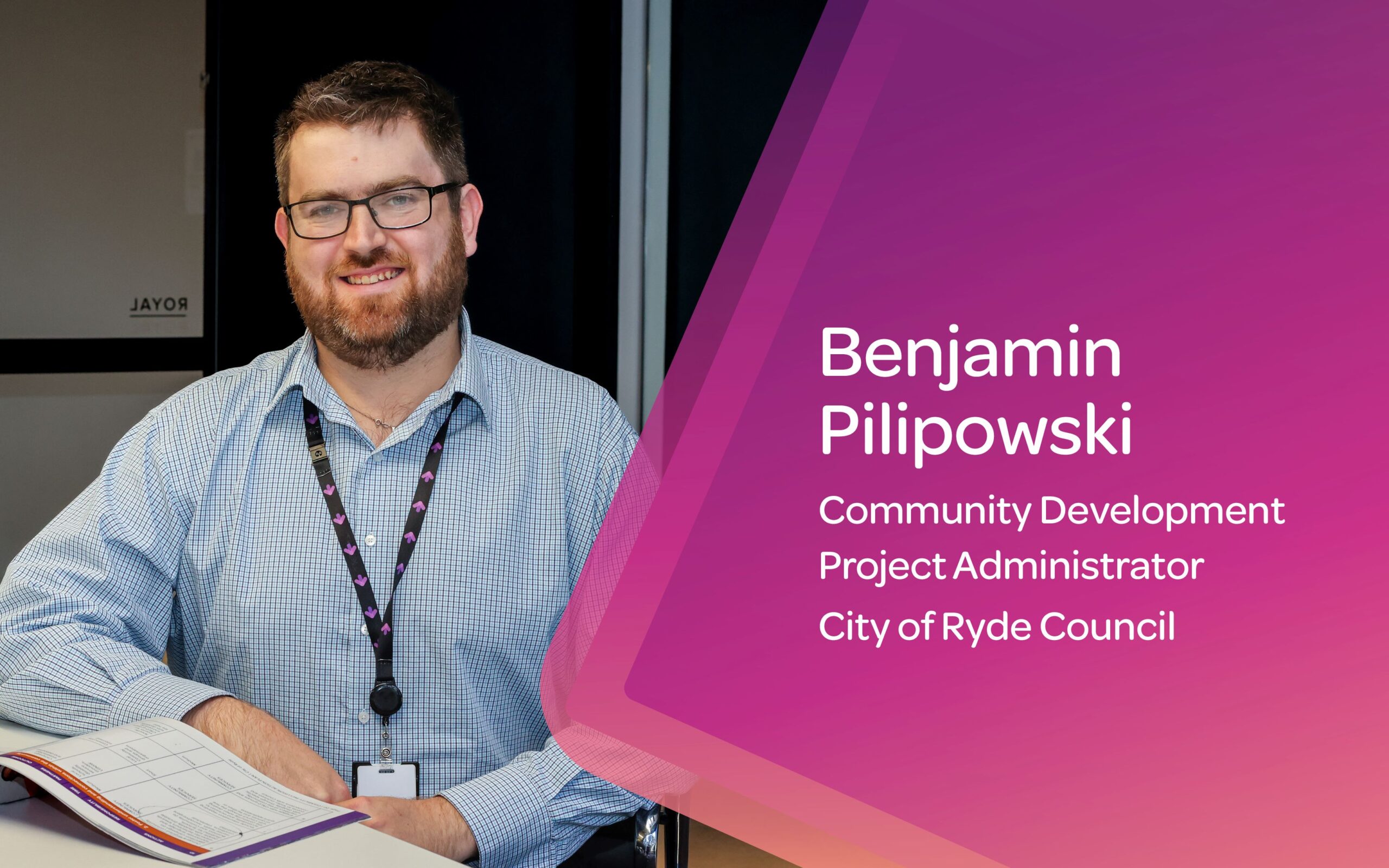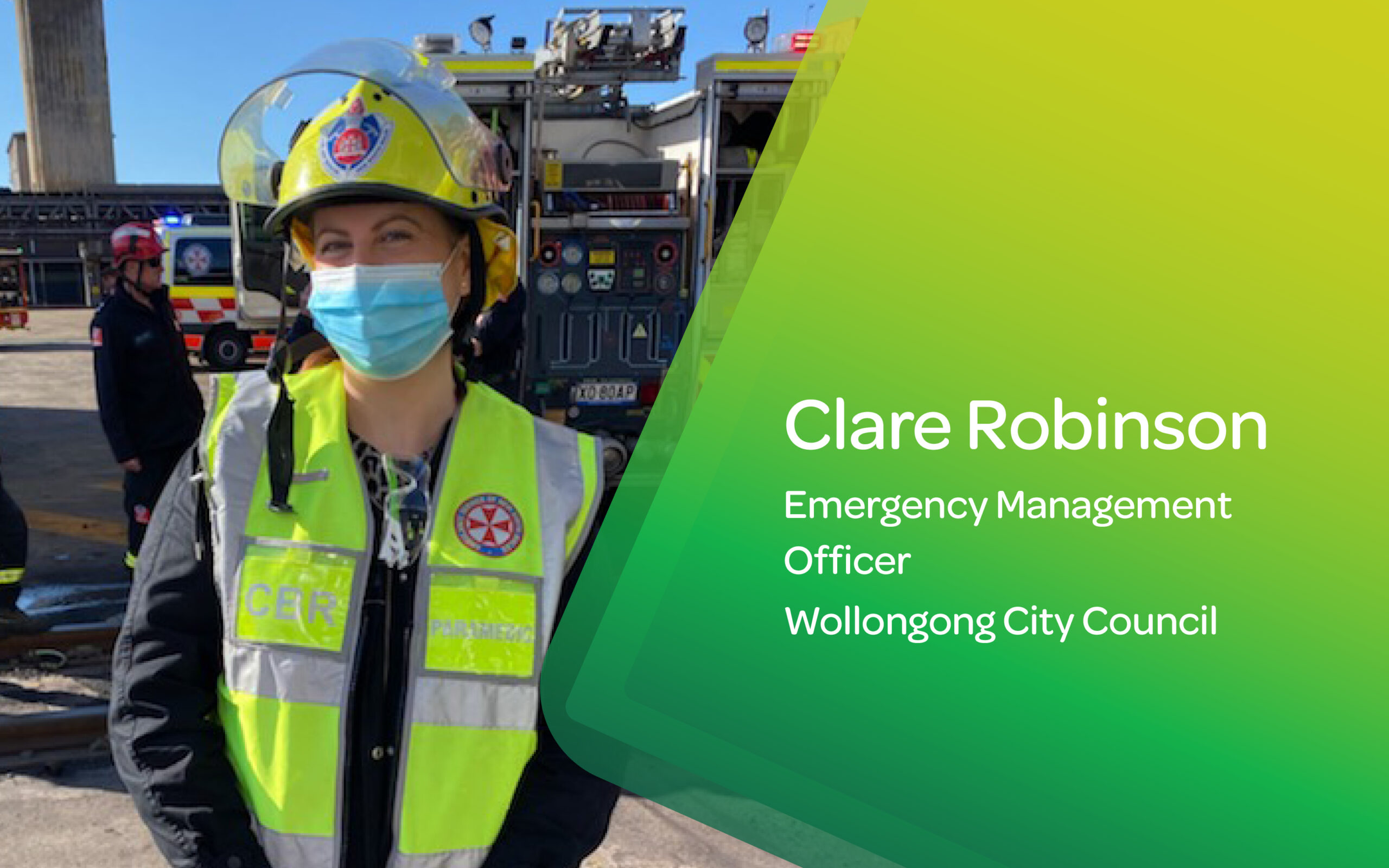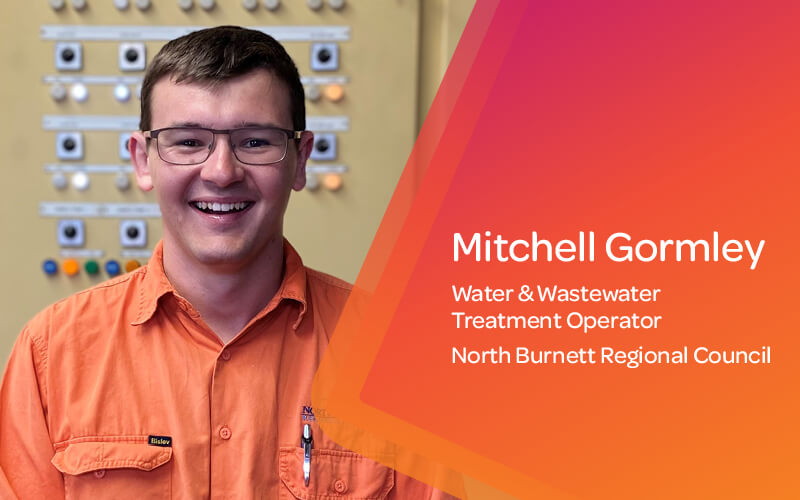Four decades on, and it is still about the people
Read time: 8 min read
Previous article Next article
Q&A with David Nelson – Senior Building Surveyor, Bathurst Regional Council.
With a building surveying career spanning nearly 38 years, David Nelson has undoubtedly seen a change or two. Read on and discover more about David’s impressive career journey, the changes he’s experienced, the challenges he’s faced, and the importance he places in talking-up a Building Surveying career path to our future generation.
Q. What made you decide to pursue a career in Building Surveying?
A. I left school in regional Australia and spent two years working for a bank, but I just knew that wasn’t for me. In 1985 there weren’t many job opportunities in the country so any job that was going, you applied for it. I spotted a trainee building surveying position with Narrabri Shire Council. Narrabri was the town right next to my hometown so even though I had no idea what the job was going to be about, I applied!
I was lucky enough to get the job, and at the time I had the choice of doing a four-year TAFE course, or a six-year university course with Western Sydney University. I took the six-year university course because I knew that would give me six years of employment.
Q. How did you find working and studying at the same time?
A. That was my first experience with university – and online university as well. Doing it in such a structured way, working during the day and studying outside of work hours was a great model for me, and it’s the same model we use today in these trainee positions.
Q. What was your next move after completing your degree?
A. I had six years at Narrabri and then my wife and I decided it was time to make the move to Bathurst. I finished my degree, and then had four years as a Building Surveyor at Bathurst Regional Council. At the time there were no opportunities for promotion from within. I soon realised I wasn’t going anywhere, so I applied for a job at Forbes Shire Council which was a step up career-wise.
I was successful and worked there for 15 months, but Forbes was just too small for me. At that point I had started a Graduate Diploma in Urban and Regional Planning – so I finished it while I was at Forbes, and then an opportunity came up to move back to Bathurst Regional Council. It was a senior role, and I was successful so we moved back in 1996. I have been at Bathurst ever since.
In 2000 I started a Masters in Building Surveying through Western Sydney University, and I am now an unrestricted building surveyor.
Q. You must’ve seen so many changes during your career. What stands out the most?
A. I think just the fact that the role itself has specialised and changed so much in my time.
When I first started in this career, a building surveyor in council was also a health inspector and an environmental health inspector. So, we would do a variety of things; inspection of food premises, complaints regarding noise, odour, dust – and a whole lot of other things that no one else did! In some smaller councils, that’s actually still the same.
In bigger councils like Bathurst, we started to become far more specialised. We did still do some health inspecting work, but only if it was related to the development applications that we were processing. However, because we were in a high growth area, there was a lot of building work going on – so by default that was a majority of our work.
That has only formally changed this year and we’re now officially titled Building Surveyors.
The other major changes have been in the Building Code itself. It has recently changed again which of course flows on to the standards and the legislation that we work with. It’s all so much more complicated than it ever was, we’re really required to be specialists now.
Basically, the regulatory environment has become far more complex – which means our role has been far more complex. It feels like every area we work in has undergone an element of change at the moment and that can be challenging to keep up with! Saying that, I also find it incredibly interesting.
Q. What do you find the most rewarding about your role, and has that changed over the years?
A. I like helping people. That’s what we do – ultimately at the end of the day, we help people. At Bathurst we’re proud of our customer experience and it’s something that people often comment on. Sure, they might not always like what we’re asking them to do, but they understand that we’re not doing it to be arrogant. It’s rewarding to me when we’ve been able to communicate issues in a way that the customer can understand and they can see the reasoning.
I guess the other thing that I find the most rewarding is being able to use my inter-personal skills – which you definitely need to have to be an effective building surveyor. You have to like people!
In a council situation you’re dealing with people all the time. I might have a $20million shopping centre project on my desk, and then all of a sudden, I have to go to the counter and talk to a customer about a $2,000 carport. I have to want to help that customer because to them, their carport is the most important thing in the world.
The other thing I really enjoy is getting to work with commercial developers, town planners, architects, and engineers on big jobs – I get a buzz out of that. I’m in the meeting to provide advice to people, but I’m also there to promote the building surveying function within Council. When big developers come to town, most of the time we’re able to develop a relationship with them to appoint us as a certifier rather than them appointing a private certifier.
From one day to the next I could be in high-powered meetings with developers, and the next minute I could be helping someone with advice on whether they can build a small retaining wall on their property. It’s so varied, but the common theme is people, and helping people navigate what can be a complex process. That’s what I love about this job, and always have.
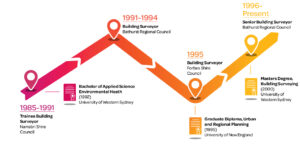
Q. Why would you recommend a local government building surveying career?
A. For me, there are so many reasons why working as a building surveyor in local government is much better than working privately! For one, I get paid well every week. I don’t have to chase money, council set their fees, they don’t change. I get to enjoy my job, and be good at my job and the money has followed.
You don’t take work home in your head here either – there’s a fantastic work-life balance. That was invaluable to me particularly when my kids were at school. I could start work an hour earlier and finish earlier so I was there for them at the end of the day. I never ever missed anything for my kids because of work. Council was always so supportive and flexible during those years when they were young.
I also really enjoy working in a team environment which you don’t get in the private sector with this career. We have six building surveyors here, and over the years people gravitate to different areas of the job. I like the strategic macro stuff, changes in legislation and things like that. Other people like the finer detail of what’s in the building code and how that translates what’s on site. But regardless of people’s individual strengths, we all complement each other and that’s a great culture to be a part of.
Q. How would you encourage more young people into the profession?
A. This is totally our focus at the moment. We were invited to a careers night at one of the schools to present to the kids. I realised we didn’t even have any promotional material, not even a handout about what the career entails. I think we need to get better at talking it up!
My spiel to those kids that night, would be my spiel to anyone: I think the job is great. I get to be by myself when I want to be, a part of a team when I want to be, out of the office when I want to be, and I get paid well. Council will even pay you to study which means at the end of your degree you won’t have any HECS debt. And, you don’t have to have a construction background – I don’t know how to hammer a nail, but I know how many nails need to be there to comply with the standard. You’re dealing with people, you’re using your brain, it’s a challenging, scientific profession. It’s a job for life if you want it to be, and it can take you anywhere across the country.
Q. And yet despite this, your career has been based in the Central West. What keeps you here?
A. It’s a slower pace of life, everything is just so much easier. We can do so much more because everything is only five minutes away. And, if we really want to, we can spend the day in Sydney using the amazing transport links. For young people the Central West is a great place to base yourself and raise your family – especially if you are wanting a local government career because there are so many councils within commuting distance. It’s an amazing location with a great lifestyle and plenty of opportunities.
Check out the Building Surveying opportunities available right now!

